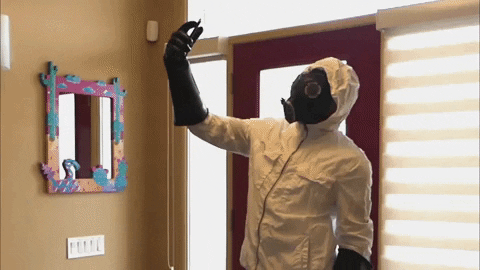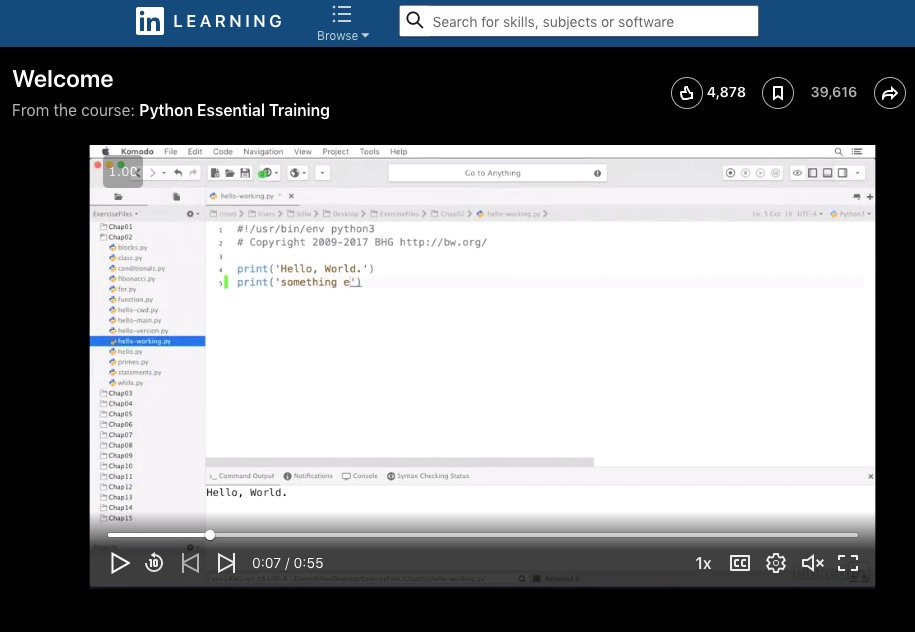Learn Mandarin Newsletter 2
Self-Quarantine Edition
你好 (NiHao!) and welcome to the second edition of the Learn Mandarin Newsletter. I hope your week has been going okay at home. Mine is going something like this:

In all seriousness, I’ve been busy at home recording the audio version of this Chinese Language book which you can listen to the first section free here. I’ll be releasing chapter one of the audiobook for free on YouTube.
To keep my mind sharp, I’m taking a course on how to program Python on LinkedIn Learning and going through the ProjectEuler programming exercises (I’ve found these to be quite difficult). I’m also teaching myself graphic design on Canva to be able to make some better graphics for your Chinese studies.

I’ve established a home routine to try and stay sane throughout this period but honestly I haven’t been particularly disciplined in sticking to it.
Mandarin Conversation Week 2
你结婚了吗? Ni JieHun Le Ma? Are you married?
是的,我结婚了。💍 你呢?ShiDe, Wo Jie Hun Le. Ni Ne? Yes, I’m married. 👨👧 And you?
还没有。你有孩子吗?🧒 Hai MeiYou. Ni You HaiZi Ma? Not yet. Do you have children? 🧒🏻
没有。你有女朋吗?MeiYou. Ni You Nu PengYou 👧 Ma? Do you have a girlfriend? 💃
我有。她在家呢。Wo You. Ta Zai Jia Ne. I have. She’s at home. 🏠
Chinese Language Note
吗 (ma) is a question particle that turns an affirmative sentence into a question without modifying the sentence order. If it was removed from the above question about the girlfriend from 你有女朋吗 to 你有女朋, it would go from Do you have a girlfriend to You have a girlfriend.
Cool Language App
Since you might be at home watching TV like me, I thought I’d share a Chrome extension called Language Learning with Netflix. Here is a list of titles available and you can learn more about the extension in this Verge article.
Book of the Week
I’m currently reading, Classical Chinese Poetry: An Anthology on Scribd. It’s a book by David Hinton, an American poet and translator. He studied Chinese at Cornell and has done a great job of translating Chinese poetry which is always a very difficult thing to do.
Interesting Reads
How to Say (Almost) Everything in a Hundred-Word Language — This is an old article from The Atlantic about people who speak Toki Pona which has only 100 words…
If you have any comments or questions, please email me on support @ learnmandarin.com.au. I’d love to hear from you.
Stay safe and healthy until next time!
Zai Jian,
Rui

